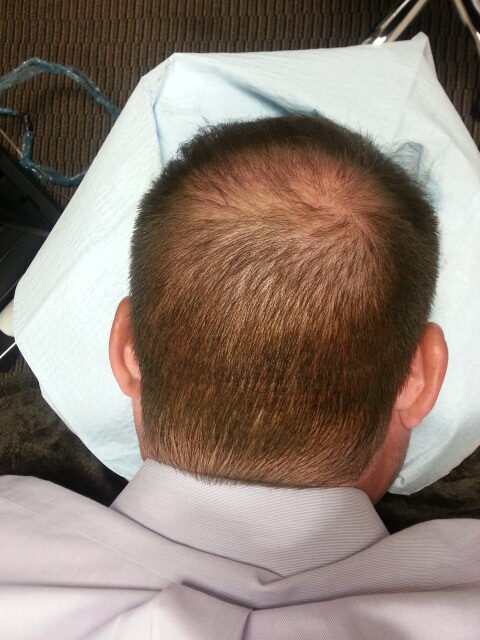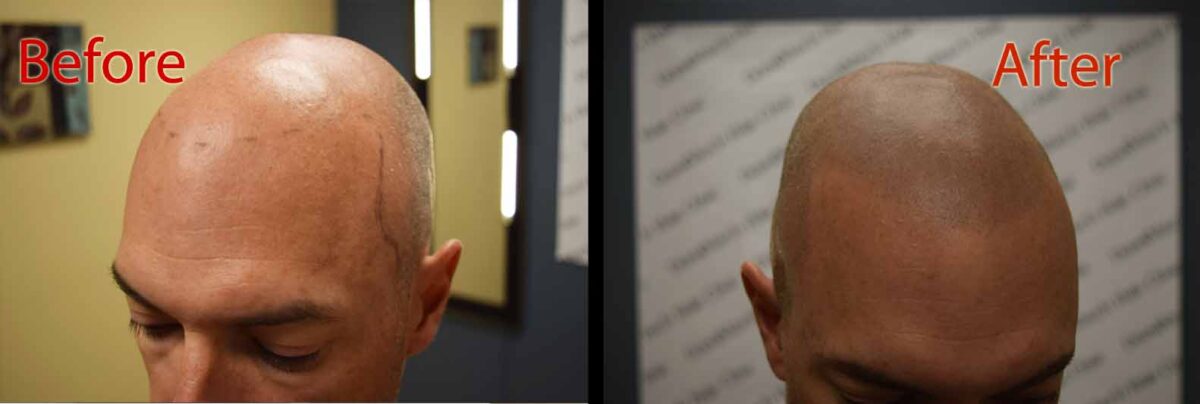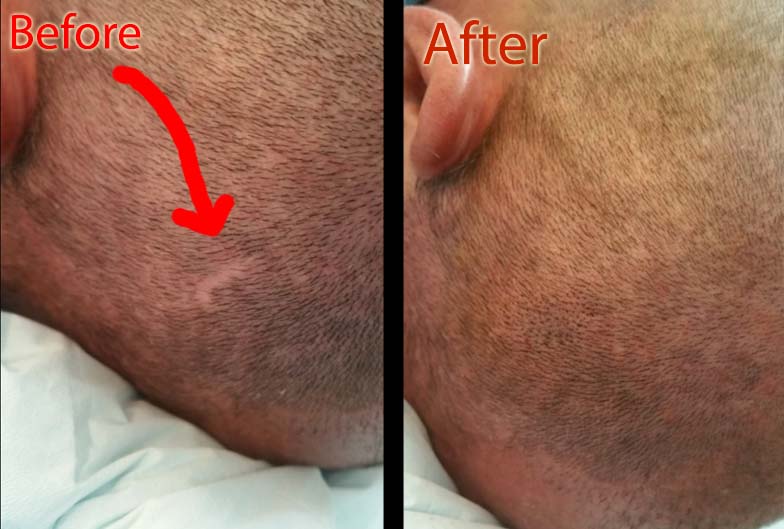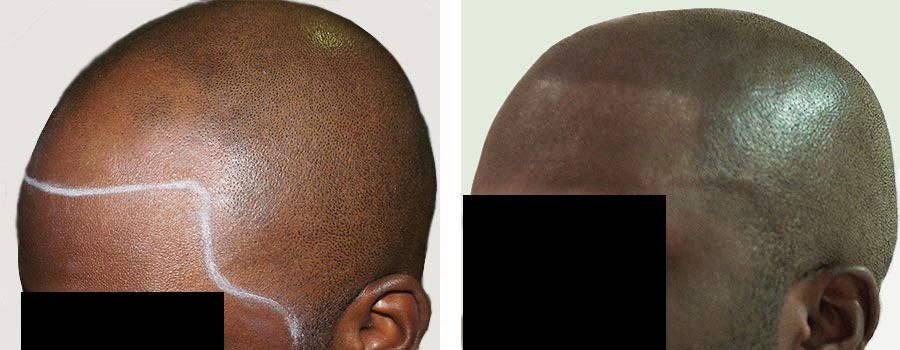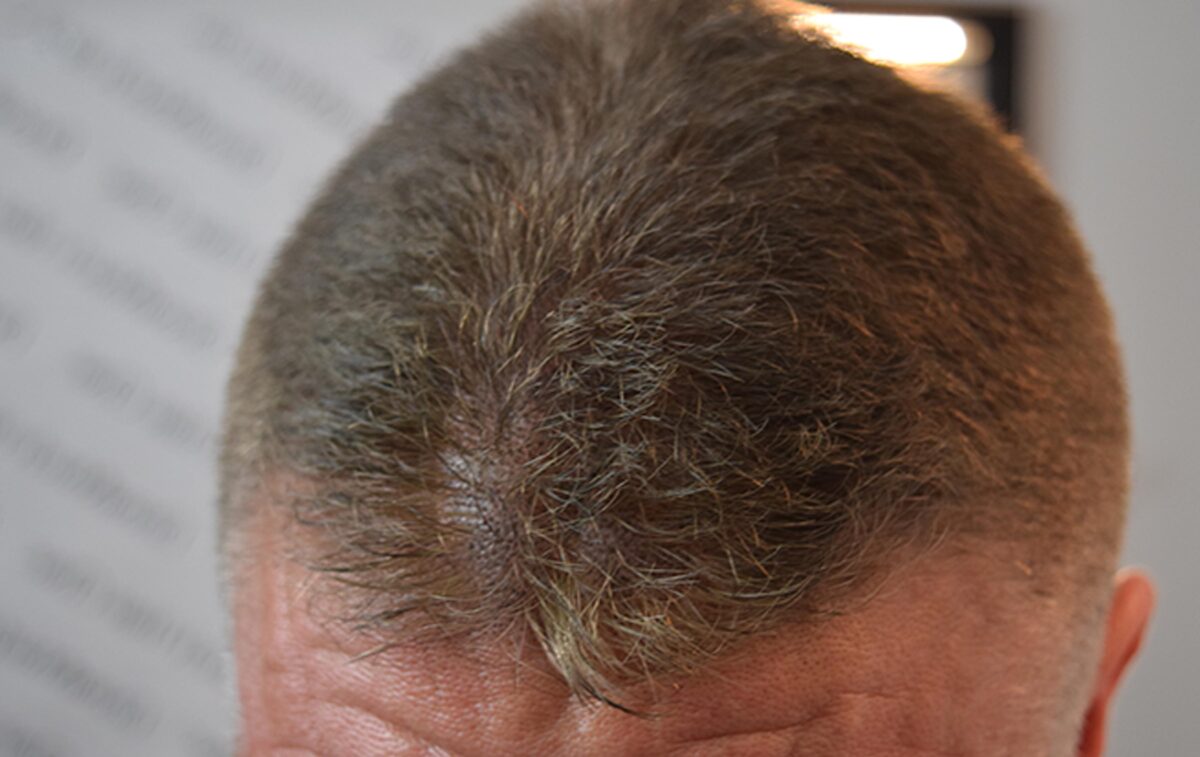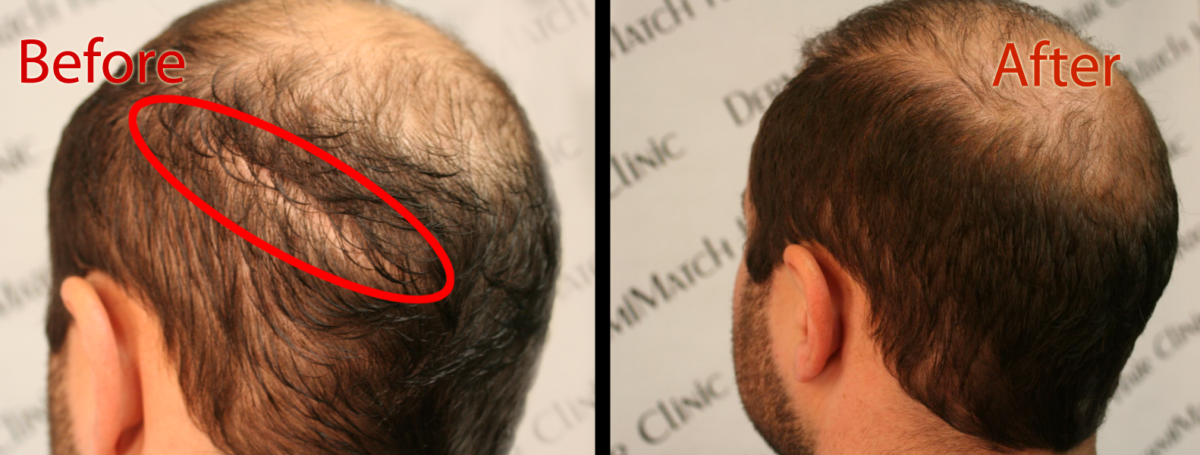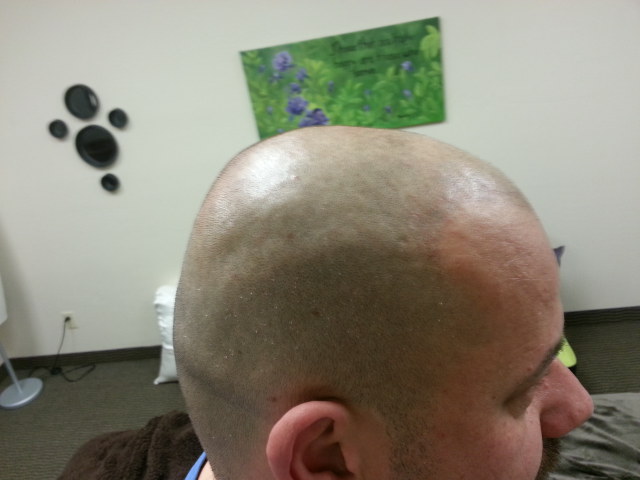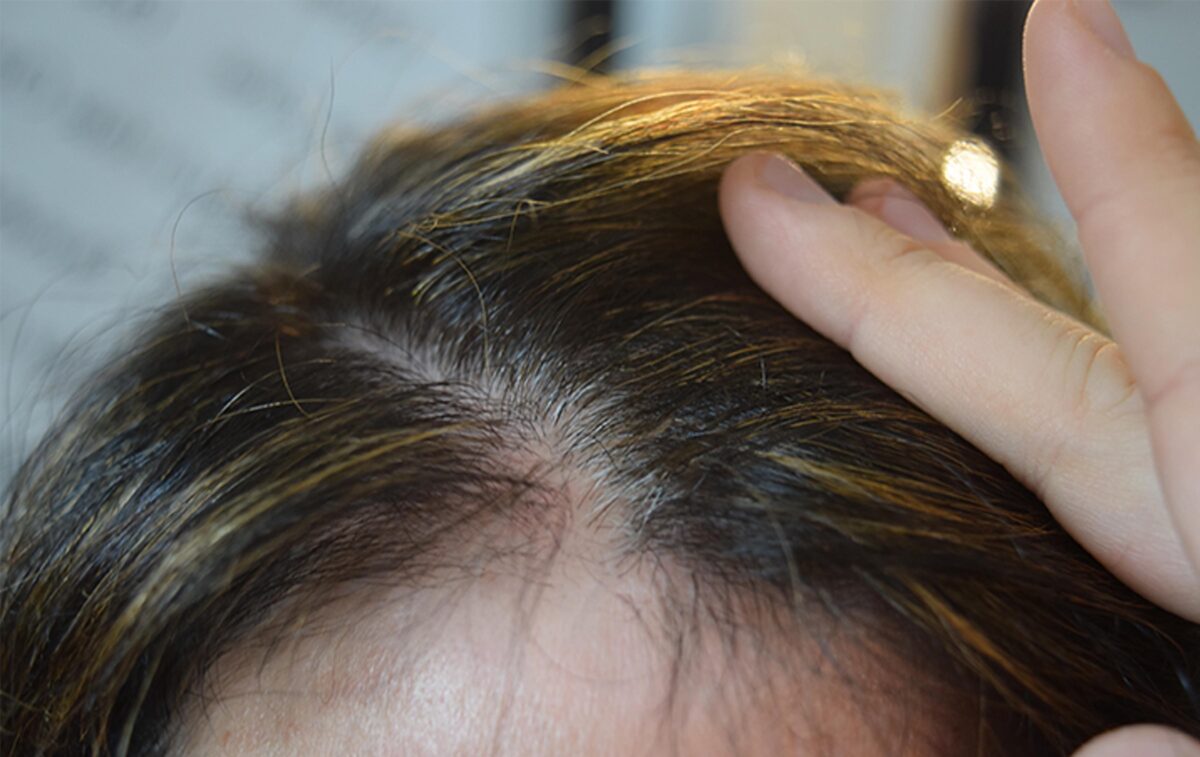If your stress levels have been high for some time, then you are more likely to suffer from the stress effect on hair loss. When stress levels are high, it could mean more falling hair. Even research supports this claim that chronic stress can cause a significant amount of hair loss.
How Does Stress Effect on Hair Loss Happen?
The hair on your head follows three growth phases, and a majority of the follicles are in the growth phase. That means you do not realize you are losing hair when it is natural for some hair strands to fall off. When follicles enter the telogen or resting phase, hair shedding starts.
However, there could be a sudden, abnormal shift of hair from the growth phase into the shedding stage due to an emotional stress episode. As a result, hair transitions into the telogen phase
It could be any negative event in your life that causes you anxiety, emotional pain, and stress, resulting in hair shedding. The same happened during COVID-19.
One research study corroborates the stress effect on hair loss, claiming that stress disrupts the normal hair growth cycle and results in hair loss.
Diffuse Thinning
Telogen effluvium is associated with diffuse thinning. Someone with telogen effluvium may notice a sudden increase in hair shedding. It’s okay to shed 100-200 hair strands every day, but anything more than that is certainly abnormal.
This is not permanent if you focus on stress management. What’s more, the hair growth cycle should return to its pre-effluvium density after 6 months or so. However, the process of returning to normalcy is quite slow, and you may not see visible results any time soon. Hair growth does not happen overnight.
The study found that follicle stem cells stayed in the resting phase for a prolonged period without regenerating tissues. Besides, hair growth slows down so does hair density with age. Unfortunately, telogen effluvium mat become chronic and last for years or even a lifetime.
Worst still, there is no way to prevent an episode of telogen effluvium.
So that means you have to live with the stress effect on hair loss.
What is the Treatment for Stress-Induced Hair Loss?
Focus on stress management to release stress and support hair growth. Eating a balanced diet is crucial for hair growth. But it is not easy to get rid of stress. You cannot get rid of it overnight. It’s a long process. If you are not ready to live with the stress effect on hair loss and still cannot learn to manage stress, look for ways to hide diffuse thinning.
What better way to camouflage scalp problems than scalp micropigmentation?
SMP is a non-invasive treatment for hair loss that conceals scalp problems, such as diffuse thinning, pattern baldness, and receding hairline.
However, the results may vary depending on the skill level of the SMP practitioner. A tattoo artist is not the right person for the job. Get in touch with scalp experts in Scottsdale, who have the experience as well as skills to do the job perfectly the first time.
Schedule a consultation with top Scottsdale SMP practitioners at DermiMatch Clinic. They have a proven track record for delivering results.

